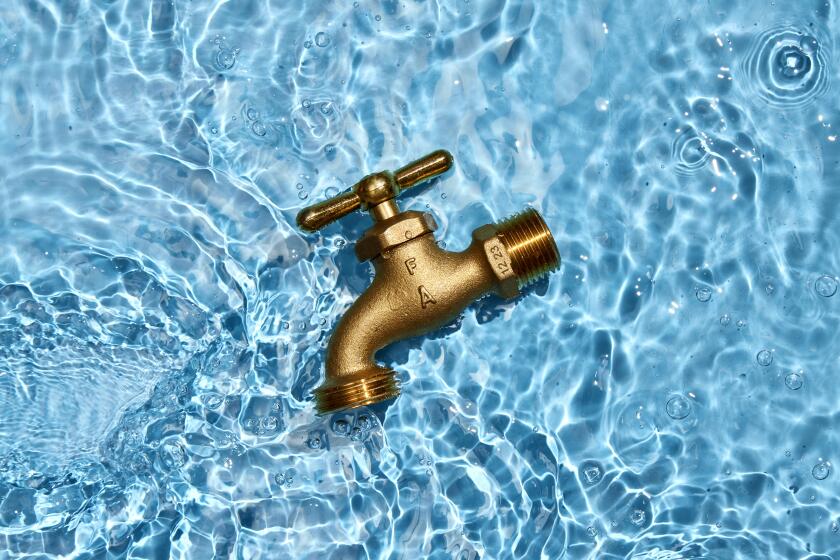Through the Looking Glass : Your medicine cabinet should contain lots of important things--but medicine isn’t one of them. Bathroom heat and humidity can take the punch out of your prescriptions.
Face to face with the medicine cabinet of a new date , Jerry snoops and is sorry. On the shelf sits a tube of fungicide, which Jerry pockets, obsessed with finding out which body part is plagued. After many plot twists and turns, it turns out the medicine is meant for the woman’s . . . cat! --”Seinfeld”
*
There are three lessons to be learned here.
One: Snooping in medicine cabinets is not nice.
Two: Snooping in medicine cabinets can lead to wrong conclusions.
Three: Fungicide is one of the few things that belong in a medicine cabinet.
Today’s pharmaceutical lesson will focus on No. 3 and the fact that, despite the name, the medicine cabinet is not the proper place for many medicines.
Mostly, that’s because of the barometric conditions in a bathroom--a source of humidity and heat.
The moisture from the shower and bath can break down some medicines, experts say. Carol Taketomo, pharmacy manager at Childrens Hospital Los Angeles, cites as an example carbamazepine (Tegretol), an anti-seizure medicine. Studies show humidity can sap much of its effectiveness.
A bathroom’s high temperatures can also weaken potency and alter chemical stability, says pharmacist Chris Green of Zweber Pharmacy in Downey: “Capsules might start to melt.”
Other heat-related no-no’s: Don’t leave pills in a hot car and keep medicines away from direct light. (Some medicines could also become harmful if exposed to heat and moisture.)
Prescription and over-the-counter medicines, including aspirin and acetaminophen, are best kept in a cool, dry area, Green says. But don’t overdo it and store medicine in the refrigerator unless the label so instructs.
Once you’ve opened medicine, throw away the cotton plug (which keeps the pills from rattling to powder during shipment); it attracts moisture.
Medicine cabinet alternatives include a bedroom cabinet or drawer, or a kitchen cabinet--if it’s not next to the sink. (Be careful to use childproof caps and locks to prevent poisonings if young children are around.)
Once your medicines are in their proper places, “go through everything twice a year and throw out expired products, both prescription and over-the-counter,” suggests pharmacist John Tilley, who finds that most people keep medicine long past its expiration date.
So what should go in your medicine cabinet--in case you’re now despairing that it has no redeeming qualities? You can keep your toothbrush, toothpaste and make-up there, along with shaving essentials and other grooming aids. Over-the-counter creams (tightly capped) and thermometers hold up in medicine cabinets, as do bandages--and, of course, fungicides.



